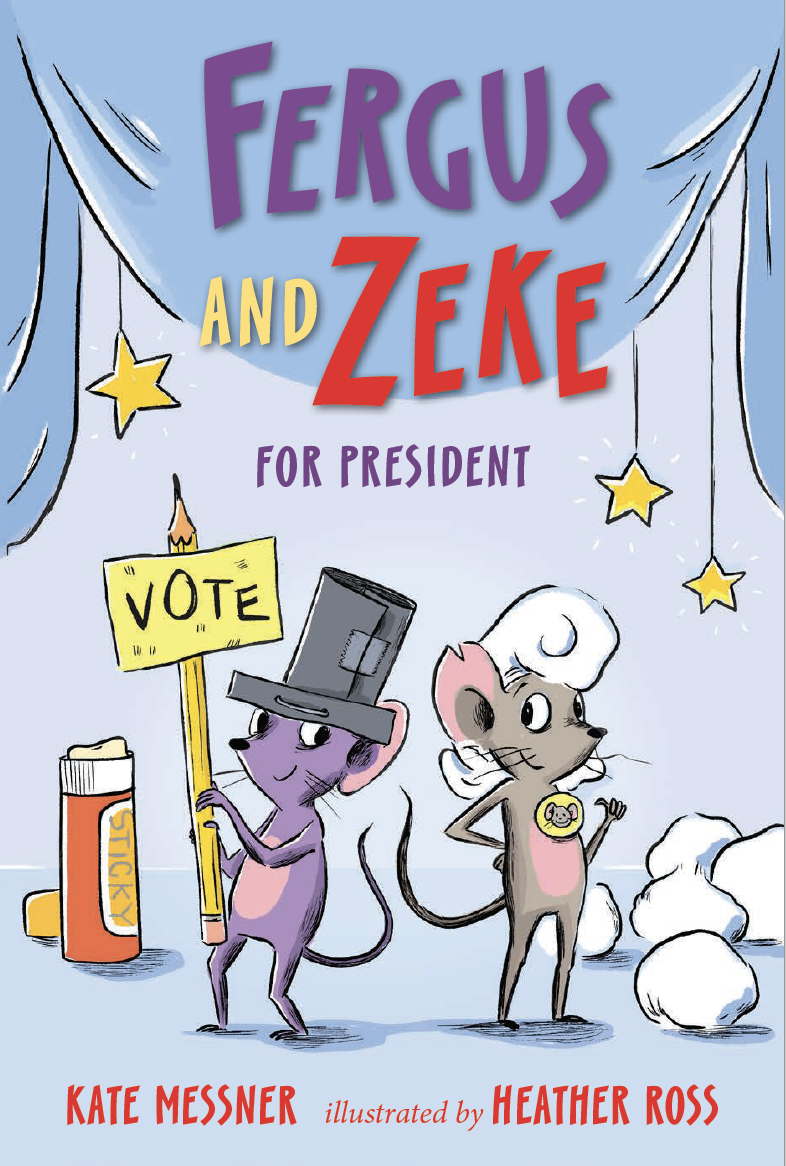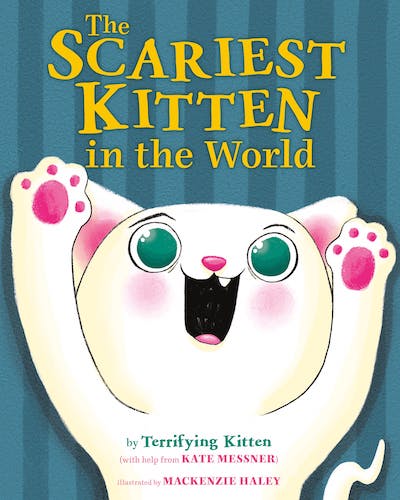Here are the best bits of writing advice I’ve been given over the years.
Read. Read at least a hundred books in the genre in which you want to write to get a sense for how things work – or not – in that style of writing. If you write for children, try to do some of that reading out loud. You’ll get a much better sense for the music of picture books and middle grade novels, for the language of a chapter book or the voice of a YA novel.
Write. It might sound obvious, but you’d be amazed how many people out there talk about wanting to write without spending much time actually doing it. Make yourself sit down and tell stories, and you’ll be ahead of the game. Try to find time to write every day – even if it’s only an hour or even fifteen minutes – so that writing becomes a habit and you feel itchy and uncomfortable if you go to bed at night without having written something each day.
Find your unique voice. This is the best advice I’ve ever gotten about writing, and interestingly enough, it came from a co-worker in my former career as a broadcast journalist.
When I was just starting in tv news – reporting my very first stories as an intern at the NBC affiliate in Syracuse, NY, there was an anchorman who read all the scripts before the show. He was not particularly gentle or kind in his feedback, but I’ll always be thankful to him for the day he threw one of my scripts in the trash can next to his desk. I fought back tears and fished it back out.
“I’m not going to get better at this if you don’t tell me what’s wrong with it,” I said.
He stared at me for a second. “Do you want to learn?”
“Yes.” I stared back.
“Okay then.” He put the script down on his desk, smoothed it out, and proceeded to tear it apart. He was a brilliant writer and pointed out many things that I could do better, but his comment about voice is the one that has stayed with me.
“Why did you write this line like this?” he asked, pointing to one line that I thought sounded especially tough and journalistic. I thought it sounded like Sheryl Nathans, an investigative reporter for a competing station whose work I admired immensely, and I told him so.
“Well, there’s your problem,” he said. “because the job of being Sheryl Nathans is taken. By Sheryl Nathans. You’re going to have to figure out how to say things your own way.”
That advice applies to writing books for kids, too. There are lots of terrific voices out there, and it’s fine to admire them and even emulate them once in a while, but ultimately, you need to find your own style and write in a voice that belongs to you and your unique characters alone.
Find friends who write. These can be real-life, flesh and blood friends, or they can be online friends if you live in a rural area like I do. But it helps to have someone who can look over your writing and give you honest feedback. Your mother won’t do that. She either loves you so much that she’ll only say nice things or is so critical that she’ll just complain about why your character had to use that swear word in Chapter 4. (In fact, she’ll probably do both of those things, so don’t rely on your mother for feedback.) Writer friends will also understand the ups and downs of the business (and there are a lot of them) in a way that people who don’t write can’t quite understand.
Be part of online communities. If you tend to procrastinate, you have to be careful about this, but if you’re good at managing time online, I think it’s great to spend some time reading the blogs of other writers and participating in discussion boards. You’ll learn a lot about the craft of writing, how the business of publishing works, and how much patience you really need.
For folks just starting out, check out The Society of Children’s Book Writers & Illustrators. This is a group that I strongly recommend for anyone serious about writing for children. They offer conferences and newsletters, and I’ve learned a lot here.
And after all that advice…hang in there. Writing for kids can be a long, bumpy ride, but it’s also a magical one.





3 Replies on “Writers”